The current COVID-19 outbreak is spurring fear on a societal level. Most of which is being exacerbated through news coverage and social media. The effects of COVID-19 have manifested itself as sheer fear and anxiety: anxiety when related symptoms, even minor ones, are experienced, stress over loved ones falling ill, and fear about becoming infected.
Obsessive thoughts and behaviors tend to increase during infectious pandemics, such as contamination obsessions – unwanted, intrusive worry that one is dirty and in need of washing, cleaning, or sterilizing. These can easily be exacerbated by the threat of an infectious disease outbreak.
People may be experiencing changes in sleep and eating patterns, difficulty sleeping or concentrating, and increased use of alcohol, tobacco, or drugs. General feelings of overwhelm, stress, isolation, sadness, irritability, anger, anxiety, depression, and fear are also on the rise.
COVID-19, the infection caused by the novel coronavirus detected in November 2019, is now affecting more than 27 countries, raising concerns of widespread panic and increasing anxiety in individuals subjected to the (real or perceived) threat of the virus.
While many have found ways to cope, those on the front line of mental health (counselors, social workers, psychologists, and creative arts therapists), are finding their own ways to “work through” the constant change in the mental health landscape. At this time, most therapists are working from home, using telehealth as a form of therapy; reaching their clients in their own homes, while remaining in theirs.
For many therapists that had not previously offered this service, it has been a huge adjustment to their lives, and the lives of their clients. However, they are finding ways to take care of themselves, while simultaneously taking care of their clients. From practicing meditation and reducing social media consumption, to creating art and keeping a schedule, here are some of the many ways therapists are supporting their own mental health during this time of crisis.
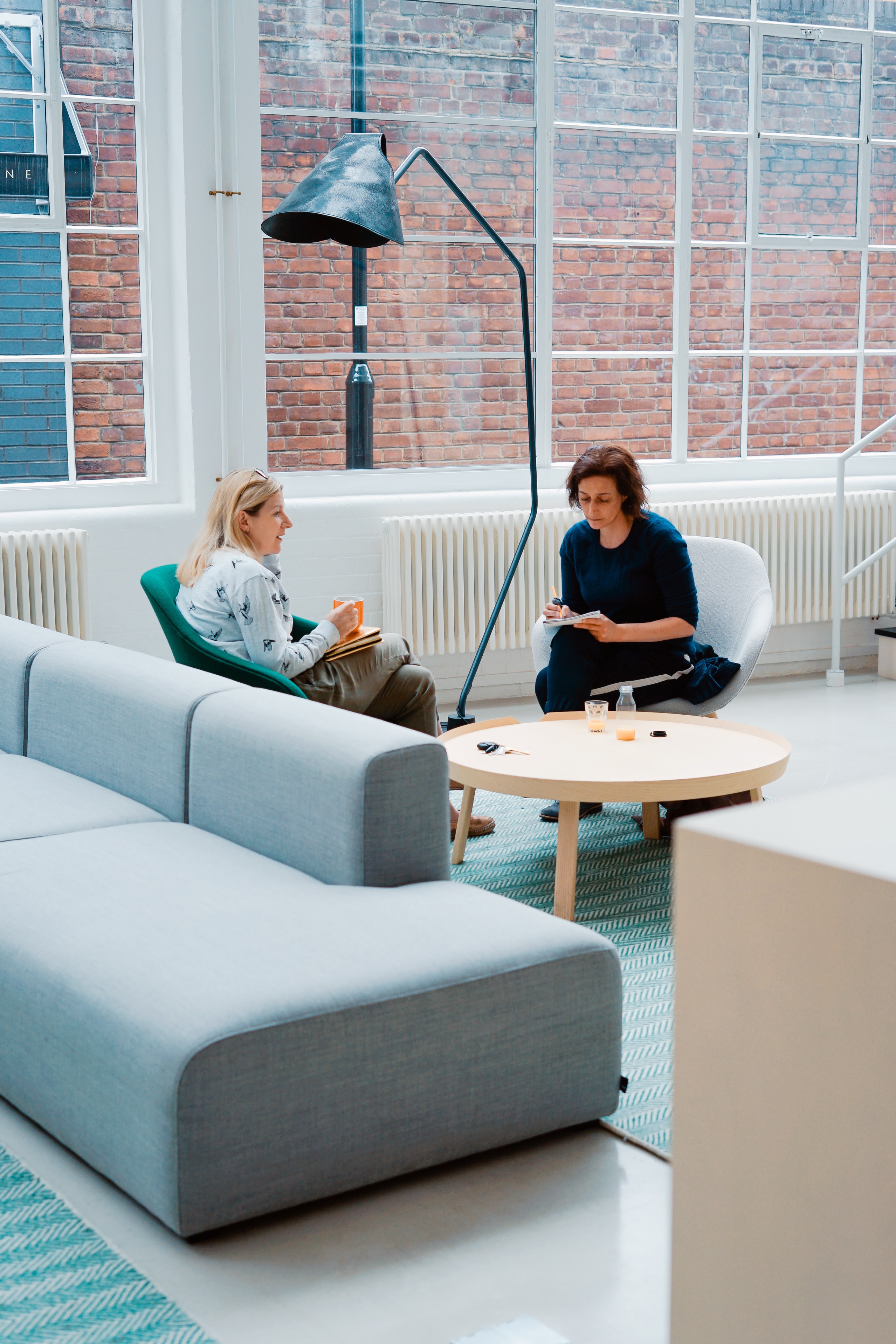
Perhaps you may find something YOU can use as well!
“Holding SO MUCH anxiety and fear of my telehealth clients has been hard while also dealing with my very loud and very passionate 2.5 year old at home. I’ve noticed that it has been very hard to calm my nervous system in the midst of all the things to attend to. This little meditation has helped:
Imagine yourself as the rock in the river. Grounded, solid, secure. Everything else is the water, moving around you; slightly changing you, but safely coming and going. You have nothing to attend to in this moment. Only the breath and the weight of your connection to the earth. When the chaos and unknown gets to be too activating, closing your eyes, breathing, and reconnecting with your grounded self can been transformative.”
Danielle Levanas, Licensed Creative Arts Therapist, Registered Drama Therapist
“I’ve been doing small things like opening my windows every day (even if chilly), stretching each morning and night, and taking breaks to have tea or read a book. Mainly I remind myself I can’t do everything at once and it’s okay to spread out my time and tasks. I have also set up an area that is my work area, so the rest of my small NYC apartment is for relaxing, creating, moving/exercising. Next up for self care is setting up my easel and getting messy with some paint!”
Emery Mikel, Licensed Creative Arts Therapist, Board Certified-Registered Art Therapist
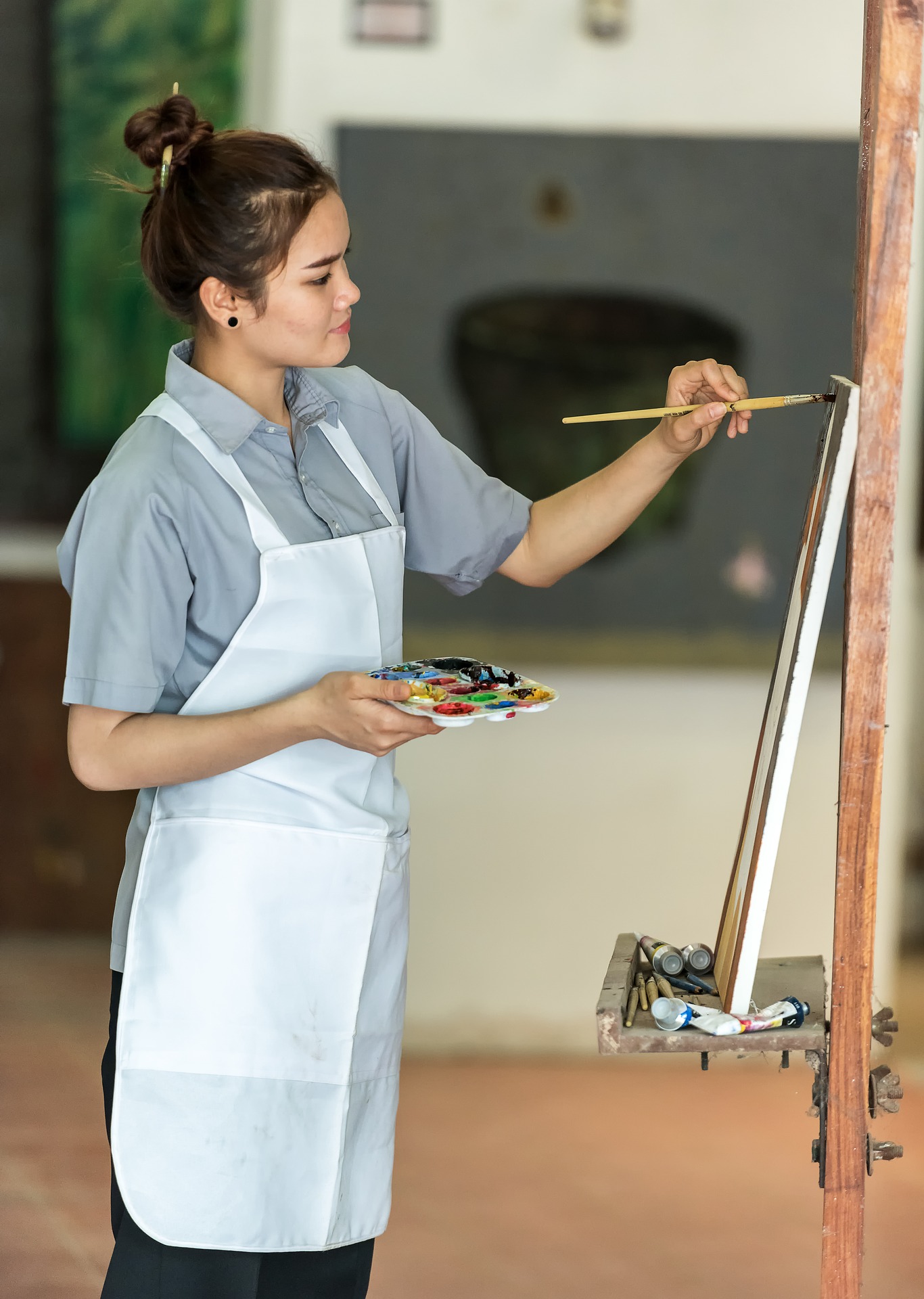
“I’m taking care of myself by limiting exposure to constant updates about the virus. This includes minimizing my time on social media and not actively seeking out news articles about it. Instead, I’m taking the proper precautions and following the advised guidelines. If i find myself getting stressed or anxious, I remind myself that while this virus is not something I can control, I can control my thoughts and actions and choose those that will make me feel more comfortable during this time.”
Dr. Kahina Louis, Licensed Clinical Psychologist
“My plan is to keep a strong presence for my clients and offer my support as I always have.”
Joset Rosado, Licensed Independent Social Worker
“I am operating within three R’s:
- Realization: Knowing that this situation is temporary no matter how devastating it may seem right now and choosing to focus on the positive.
- Refocusing: My goals and aspirations before the pandemic began. 2020 is still a time to make things happen!
- Relaxing: Making sure I make time for myself to recharge and disengage from all the overload of information so I can be an effective mom, wife and counselor.”
Kelisa Gill Volson, Licensed Professional Counselor
“I’m making sure to virtually connect with my support system and giving myself permission to express my emotions/thoughts so that they don’t get bottled up. Also trying to stick to as many normal routines as possible like eating healthy, working out, using humor with my staff.”
Irene Schreiner, Licensed Marriage and Family Therapist

“I am taking care of my mental health by taking short walks, getting some fresh air, and making time for meditation. I’m actively limiting the amount of news I am watching and self-monitoring for anxiety while watching so that I will know when to stop watching!”
India Alexandria, Licensed Clinical Marriage & Family Therapist
“It’s more important than ever now that therapists find ways to pivot in order to self care while continuing to care for clients via teletherapy. One simple way to do this is by setting longer breaks between client sessions (ie 10-15 minutes) to get up and move around or stretch. Another is to host virtual case consultations or virtual lunches with other therapists. Connection is key to self care, and social distancing doesn’t mean we need to isolate. Host that virtual coffee break or midday lunch and connect with others.”
Maureen Werrbach, Licensed Clinical Professional Counselor
“I have setup weekly virtual lunch dates with my fellow female practice owner tribe so that we can feel supported as we weather these uncertain times!”
Heather Garner, Licensed Clinical Social Worker
“I’m trying to spend quality time with my kids, laugh and have fun, sleep, and eat healthy. I’ve found it helpful to have a routine. I did a 30 min workout online today in place of my normal Thursday workout class since the gym is closed.
I’m finding I need alone time. Being in a house with 3 kids and my husband can be draining. Right now that looks like being alone in my room a few minutes before my online session starts – just to check the news and center myself before my workday begins. Lastly – I’m aware that my self care plan might evolve the longer we’re in this situation. I’ve given myself permission to adapt and be flexible when needed.”
Amanda Atkins, Licensed Marriage and Family Therapist
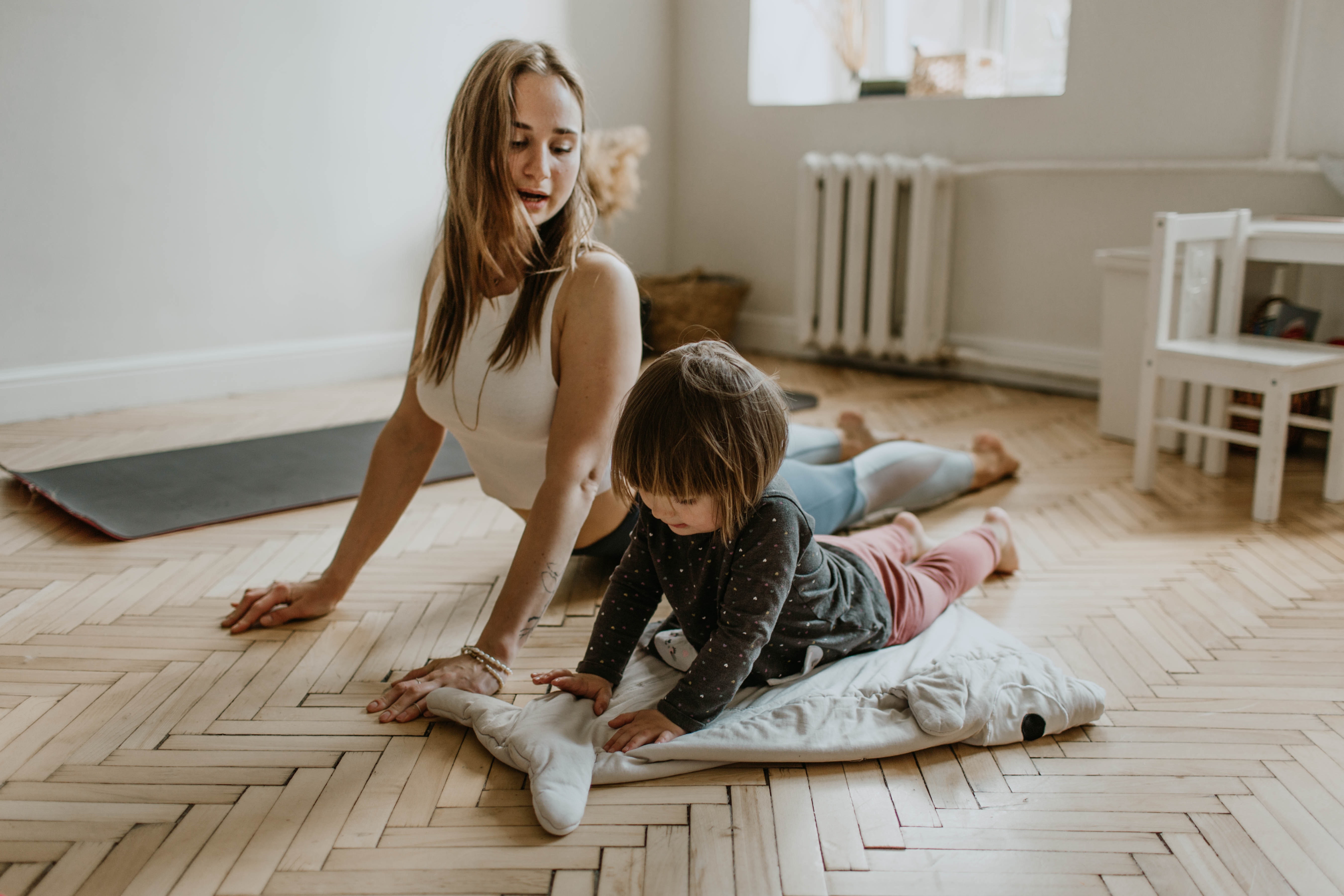
“As a therapist I was told by a friend and medical professional that at least I am trained to handle anxiety and fear. That got me thinking that just because I help others in their feelings doesn’t mean I don’t have my own moments of weakness. We must give ourselves permission to not hold it together all the time. Creating a safe space is what Therapy for the Therapist is all about. It is a safe community where mental health professionals can vent, decompress, and air their feelings while working on the emotional front lines.”
Erica Hornthal, Licensed Clinical Professional Counselor, Board Certified Dance/Movement Therapist
“I’ve been taking a lot of baths and listening to meditations or soothing music while I do so. I’ve also been listening to my favorite upbeat music, taking walks/hikes, and turning to various communities I belong to for support!”
Krista Verrastro, Registered Drama Therapist
“Limiting my own screen time and how much I watch the news. When I’m beginning to feel anxious, if I have the ability to I go outside and hang with my farm animals or work out.”
Renee Bouffard, Licensed Clinical Social Worker
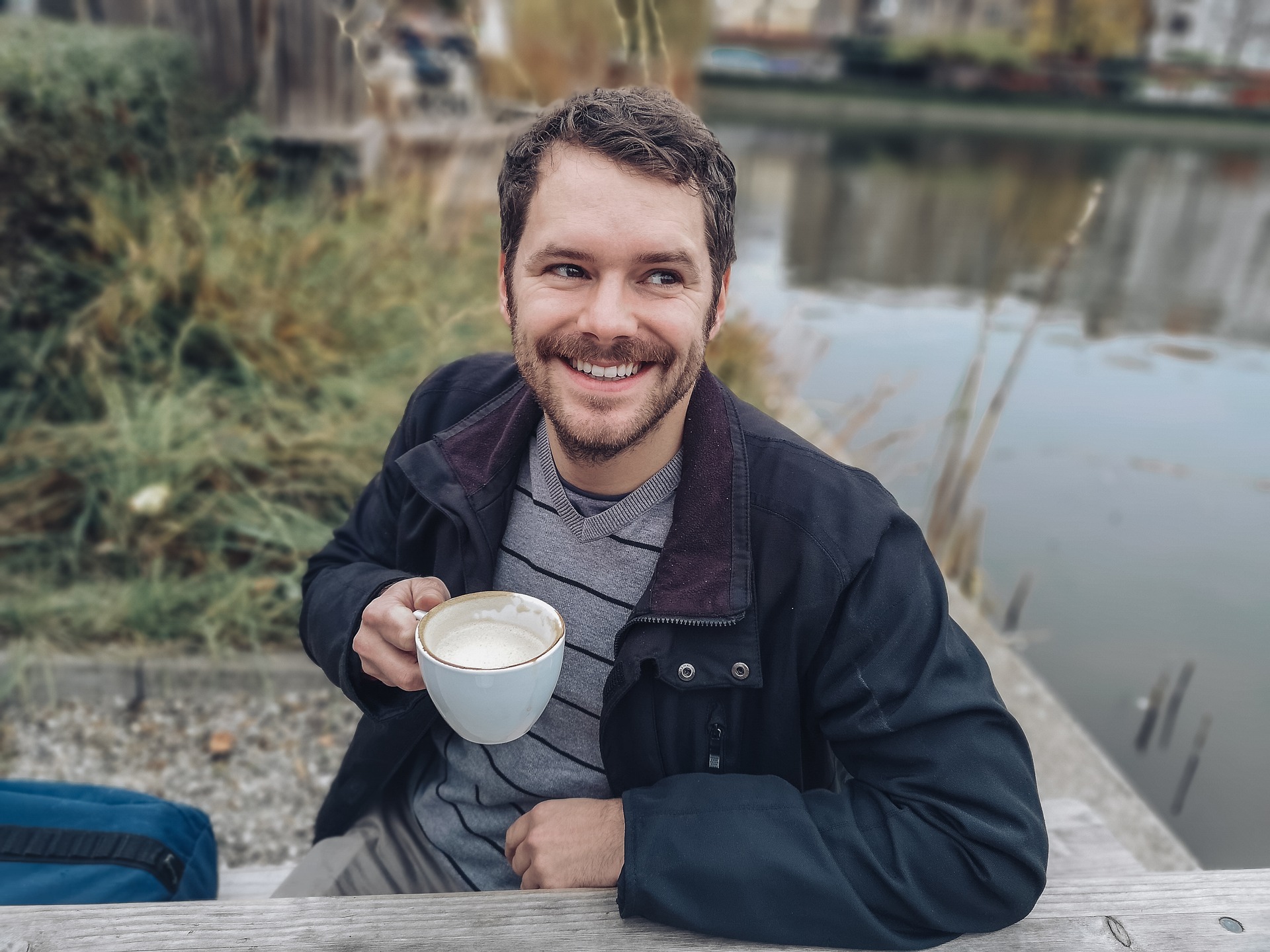
“Watching for unhelpful thoughts, mindfulness and meditation, exercise, grace for others, and making sure basic needs like eating right and adequate sleep are met.”
Catherine McConnell, Licensed Counselor
“To care for my mental health, I am viewing the news but not consuming it. Planting my garden, seeing new life growing and the dirt on my hands and sun on my back. Taking advantage of the sunshine here in Washington with walks, bike rides and being outside. Board games with my family and lots of laughter.”
Marianne Esterly, Licensed Mental Health Counselor
“Practicing social distancing does not mean living in complete isolation. Reach out to other clinicians in your network to discuss the transition and learn where they are in the process. On the more personal end, try talking to your family and friends who do not live in your home over a video app to feel more connected. Go outside for a walk or a run.”
Marc Fernandez, Licensed Marriage and Family Therapist

“Top of the list is definitely being intentional about connecting. Isolation can breed overwhelm, boredom, and depression so I have been connecting online with my family and a community of other therapist. It has been a refreshing distraction to exchange a funny meme here and there as well as validating to hear of similar challenges among us. Social distancing serves as the steady reminder that we are in this together, and support and help are readily available. I’m beginning an online community support group and looking forward to it!”
Alma Valdez Miller, Licensed Professional Counselor, Licensed Marriage and Family Therapist
“I’m getting lots of social support, leaning into the experience, taking action where I can, and practicing compassionate mindfulness. My clients are also a great source of inspiration for me.”
Kelly Stever, Licensed Mental Health Counselor
“It is helpful to focus on my clients’ well-being as well as the therapists who work for me; working is comforting right now to help me do something that I am passionate about and truly gives me a sense of purpose I’m also trying to practice compassion for myself and for others as we navigate a transition that none of us has been prepared to handle. Additionally, my dog Jordy has been a huge comfort to me. Playing and cuddling with him has been an immense stress reliever!”
Jennifer Contarino Panning, Psychologist
“I’ve prepared my home and family to be as comfortable as possible and we are experimenting with lots of new recipes in lieu of eating out. I’m also ensuring that given the need for social distancing, I am still getting outdoors a lot, continuing to exercise daily albeit not at my gym and now from my home! Practicing more meditation, and taking a positive perspective of enjoying the opportunity to be home with my family.”
Dr. Elyssa Barbash, Clinical Psychologist

“I’m finding it hard to do my regular routines and self care practices so I want to be sure I’m giving people the permission and grace to do the same. Self care needs may look different & change every day right now. I just want us all to have radical self compassion!”
Katie Durbin, Licensed Clinical Social Worker
“One of the things I am looking forward to is deep cleaning and organizing my home. I have found that doing chores around the house helps me to manage my anxiety because I am moving my body and also accomplishing a task.”
Jennifer Jolly, Associate Licensed Counselor
“I am not setting expectations for my days. I start my days knowing I have clients scheduled and taking it moment by moment. Adding in food when hungry. Movement when tight. Breathing exercises when thoughts race.”
Kathryn Ewers, Pre-Licensed Marriage Family Therapist
“I’m giving myself space each day to feel the confusion, fear, and pain arising on both an individual and global level, and then I engage in my own spiritual practices for releasing those feelings and seeking hope and peace. I connect with my sense of purpose in this time. I’m also keeping in close communication with both therapist and non-therapist friends to increase connection and a sense of shared experience. Continuing my own therapy is crucial. I’m also making sure I’m getting outside to take walks and having time to be light-hearted and have fun in the moment with my partner whether we are playing a game, watching silly videos, or cooking together.”
Karin Draper, Licensed Marriage and Family Therapist
“Daily bike rides at the beach alone and /or with a friend. I also pulled out my Zen coloring books. Cleaning is always therapeutic for me. Yoga stretching is on the list. Talking to friends and family via FaceTime fills my heart.”
Nikki Harris, Licensed Marriage and Family Therapist
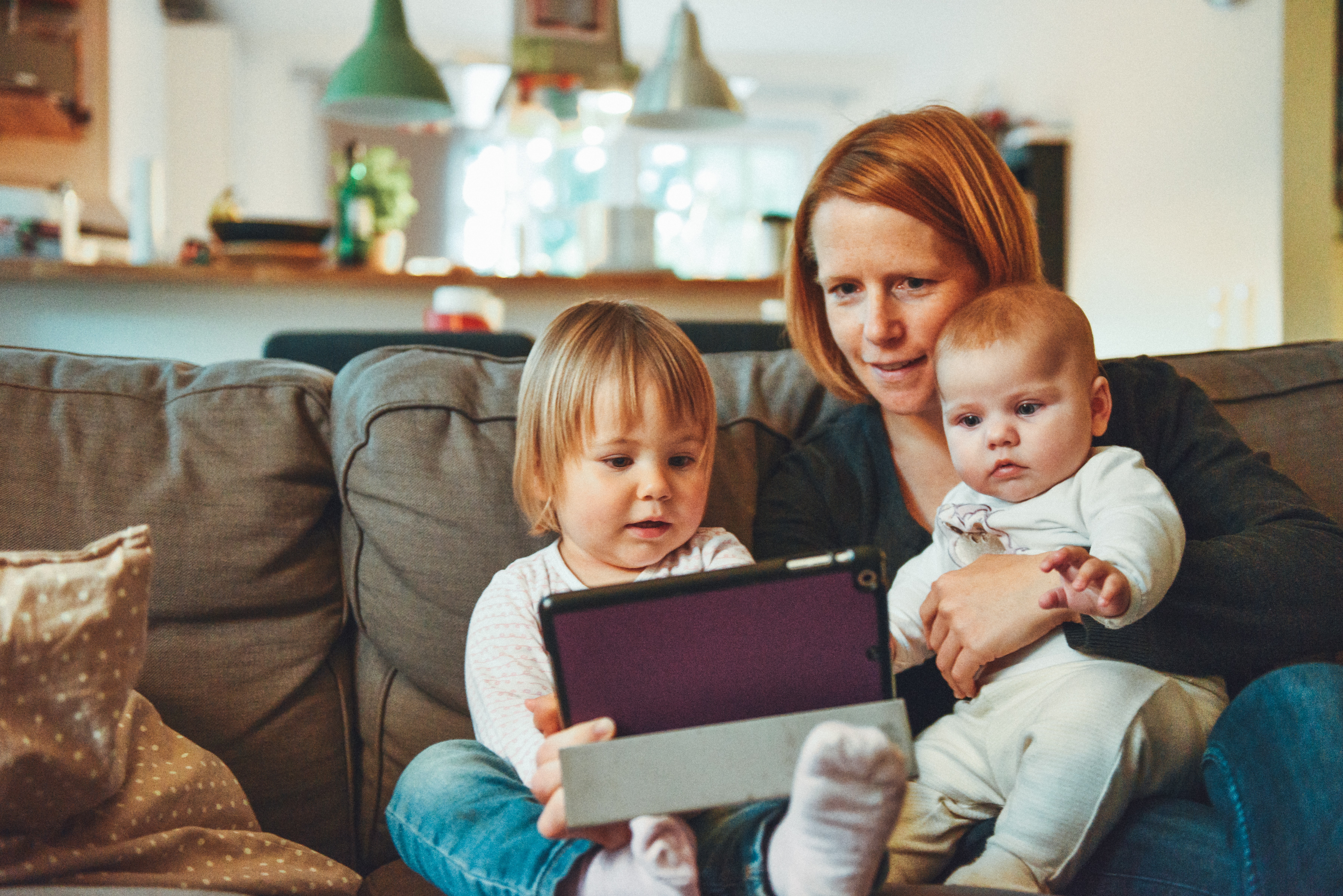
“45 Minute Hatha Yoga Practice, 15 minute meditation, morning shower, breakfast, dancing to African Heat on Spotify, group chat with friends and family, movies.”
Djuan Short, Licensed Clinical Social Worker
“Baths, quality time with the kids, stricter bedtime for peace, limited news.”
Amanda Rosentel, Licensed Clinical Social Worker
“I decided to focus on the most urgent client issues for my expertise and passion and to boldly offer beyond my state borders. And to balance work and isolation with several hilarious video visits with friends DAILY.”
Dr. Deborah Rich, Licensed Psychologist
“Drinking water, cooking and eating good healthy food, listening to music, including rock and roll and calming instrumental pieces including chanting. I’m also staying in touch with friends by phone, online with Zoom and social media, finding inspirational podcasts, and looking to how I can help and serve without depleting myself.”
Karen Carnabucci, Licensed Clinical Social Worker, Psychodramatist
“I’ve been making sure to keep my routine, get some fresh air, and indulge in some extra ‘me’ time which means crosswords and games with family.”
Maya Nehru, Associate Marriage and Family Therapist
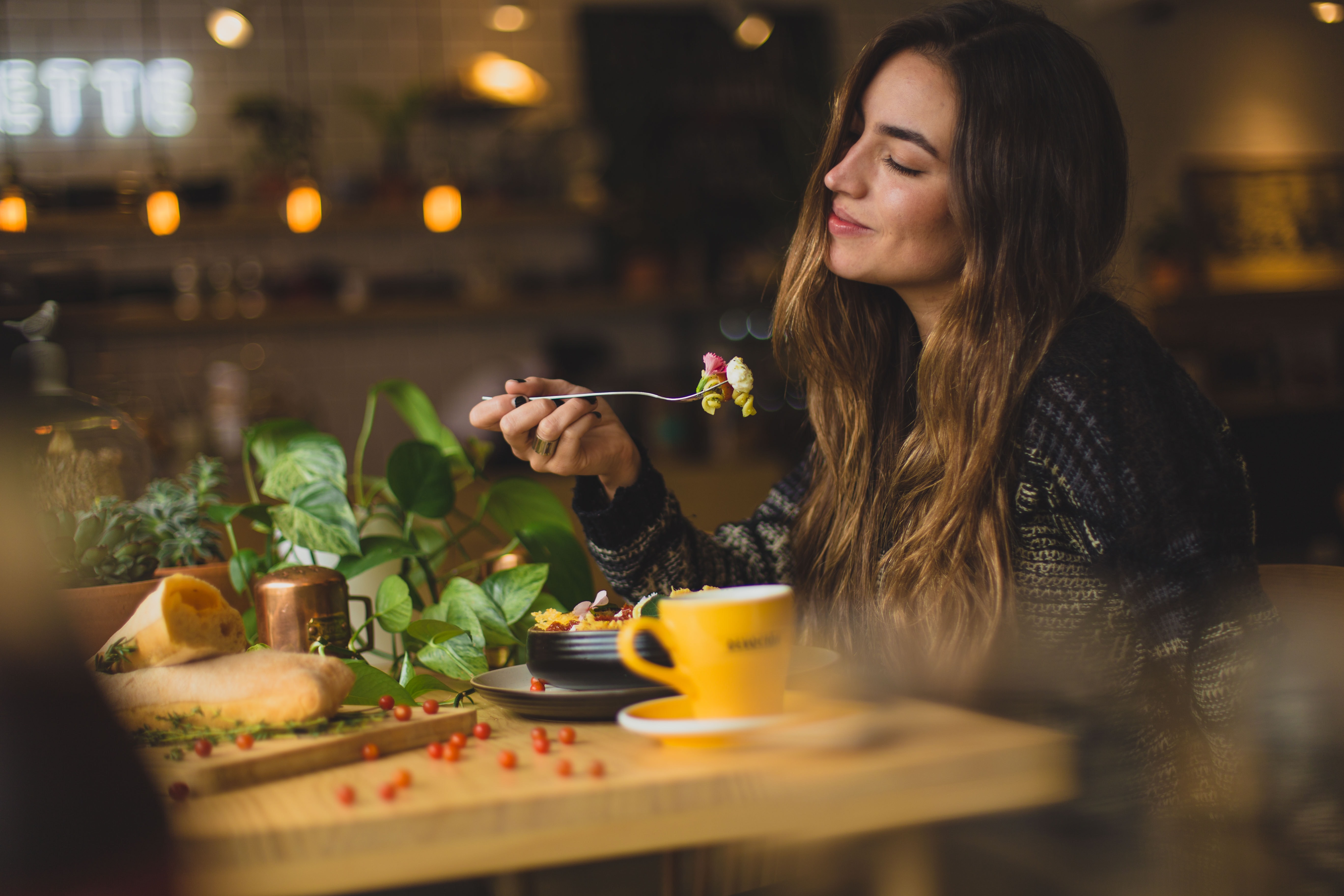
“I’ve found creating rituals throughout the day in the forms of gratitude, journaling, exercise and meditation have been instrumental in feeling grounded. Being mindful about what I feed myself- social media, thoughts, and food alike have also been important.”
Megan Zuzevich, Licensed Marriage and Family Therapist
“I’ve been at home with a newborn since December so we’ve also been having fun learning TikTok and doing instagram challenges such as a dance challenge and sharing what’s inspiring us during this time. Truly just focused on positivity and gratitude.”
Rachel Elder, Licensed Mental Health Counselor
“I’m a workaholic as it is. So finding time to work AND unwind are super important for my own mental health. I have a schedule to keep me on track and feeling productive, and I make sure to connect with at least one of my colleagues every day. I am also making time to enjoy these precious moments of family connection while being home with my two girls, along with exercising outdoors, meditating, and eating to support my immune system.”
Azizi Marshall, Licensed Clinical Professional Counselor, Board Certified Drama Therapist
May these words of self-care from mental health professionals across the country resonate with you as we navigate our new mental health landscape. You are not alone!
Need Immediate Help In A Crisis
If you or someone you know is in crisis — whether they are considering suicide or not — please call the toll-free Lifeline at 800-273-TALK (8255) to speak with a trained crisis counselor 24/7.

